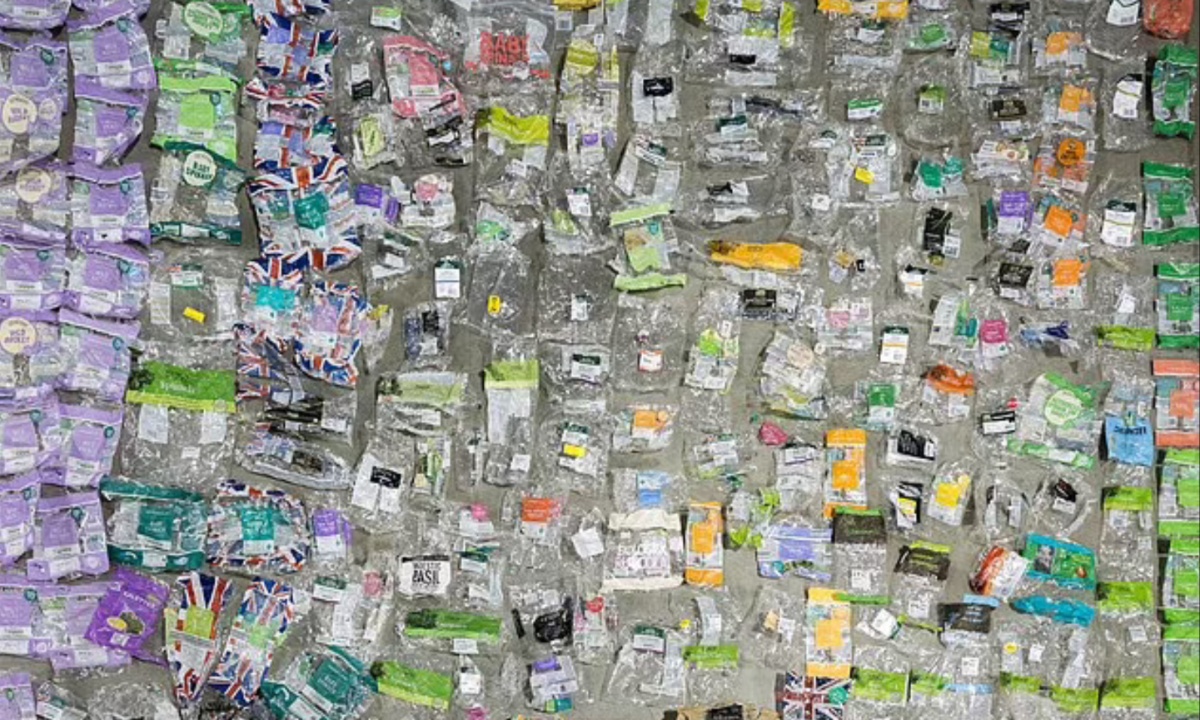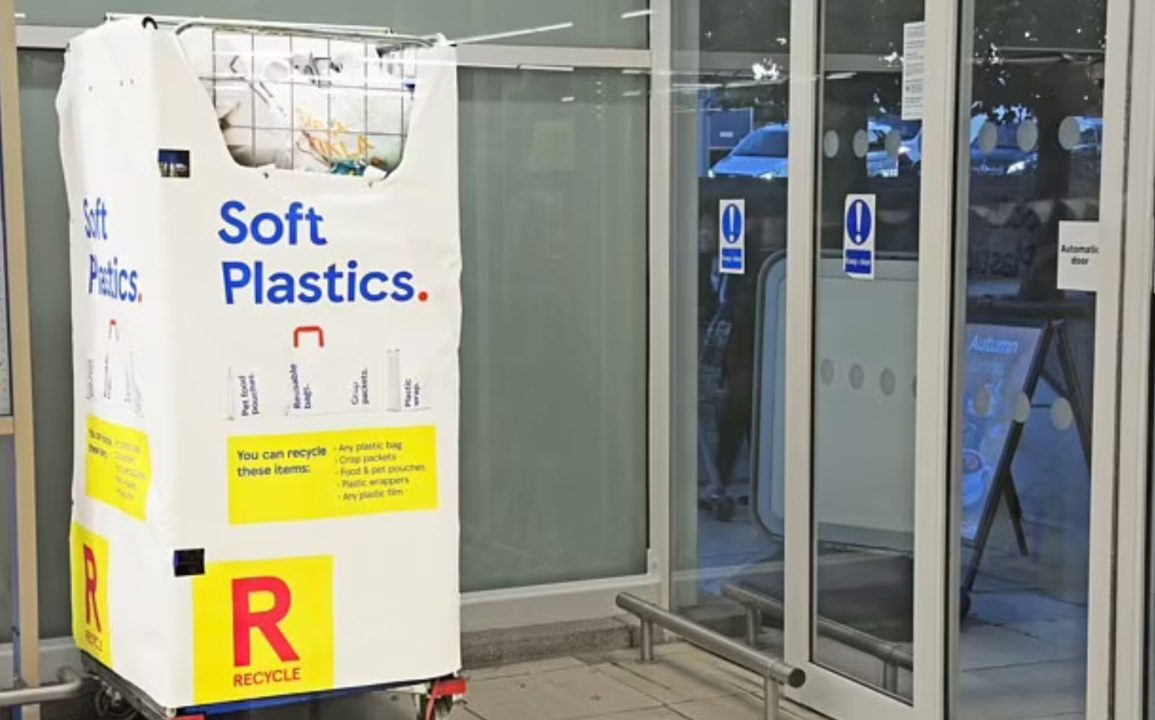An investigation by campaigners from Everyday Plastic and the Environmental Investigation Agency revealed that 70% of soft plastic collected in UK supermarket recycling schemes ended up being incinerated rather than recycled.
Using trackers placed inside packages of soft plastic collected from Sainsbury’s and Tesco stores in July 2023 and February 2024, they found that most of the plastic was burned for energy recovery. Out of 40 tracked packages, 17 reached end destinations, and 12 of those were used as fuel or incinerated, rather than being recycled as consumers were led to believe.
The investigation highlighted that supermarket recycling schemes, which promised to recycle soft plastic like polypropylene film, were largely ineffective in achieving this goal.
While Sainsbury’s and Tesco both launched in-store soft plastic collection schemes, claiming to help customers recycle their waste, it became clear that most of the collected plastic could not be processed by the limited recycling facilities available in the UK. Instead, much of the waste was burned, contradicting the recycling promises made to consumers.

Campaigners from Everyday Plastic, including Alison Colclough, criticized these takeback schemes, pointing out that they distract from the larger issue of excessive plastic production. Colclough argued that burning plastic for energy recovery is increasingly being used as a way to manage the overwhelming amount of plastic waste, but this does not solve the root problem of unnecessary plastic packaging.
Environmental organizations, like Client Earth, further noted that the discrepancy between recycling claims and actual outcomes was misleading to consumers.
The issue of plastic waste management is part of a broader global debate, as countries prepare for upcoming talks on a UN plastics waste treaty. These negotiations have been complicated by resistance from developed countries, influenced by the fossil fuel and plastics industries, over whether reducing plastic production should be a key element of the treaty.
The UK has been exporting much of its plastic waste, sending nearly 600,000 tonnes abroad in 2023, with Turkey and the Netherlands being the largest recipients of this waste. These exports are still counted in the UK’s recycling data, raising further questions about the transparency of the recycling process.
In response to the investigation, both Sainsbury’s and Tesco defended their recycling efforts, emphasizing that they are working to reduce plastic packaging and ensure that collected plastic is put to alternative uses when recycling is not possible.
Sainsbury’s mentioned that their store recycling scheme helps manage soft plastic until kerbside collection becomes available by 2026-27, while Tesco noted that they prioritize removing packaging and using energy recovery when recycling isn’t feasible. Despite these claims, the investigation underscores the challenges of soft plastic recycling and the need for systemic changes in plastic production and waste management.

